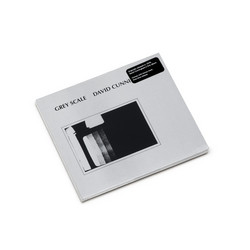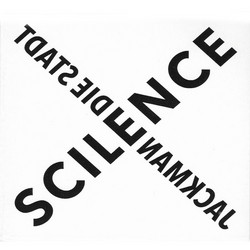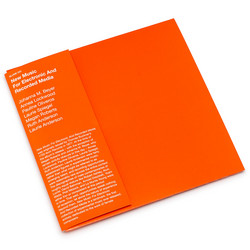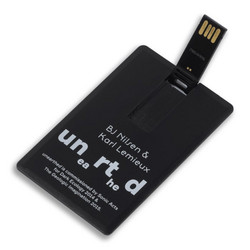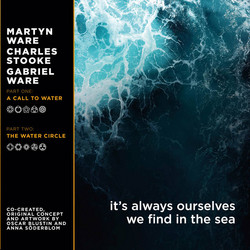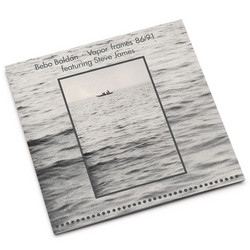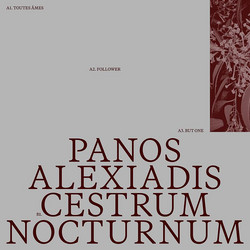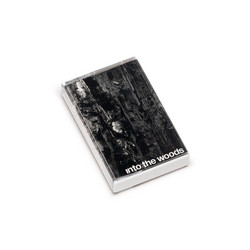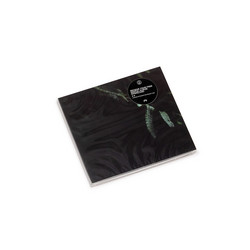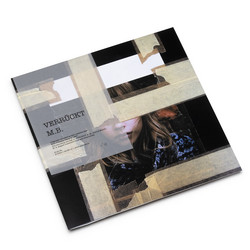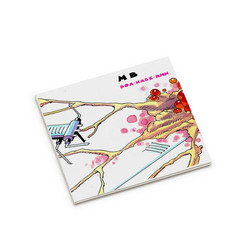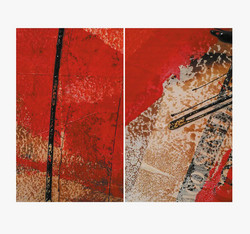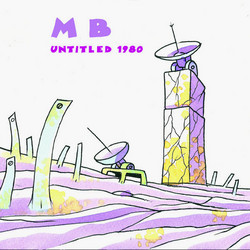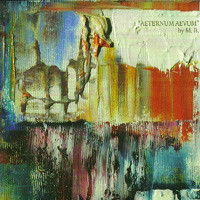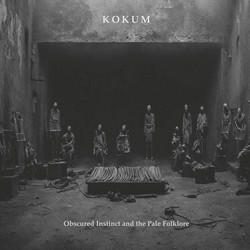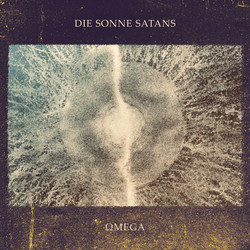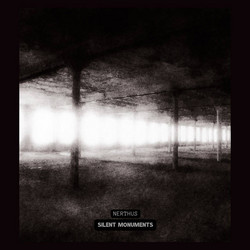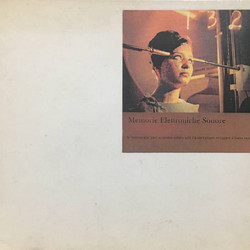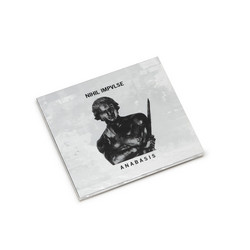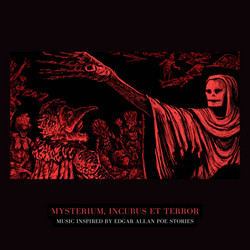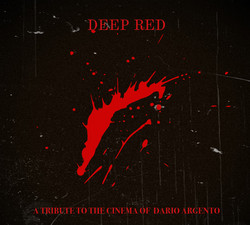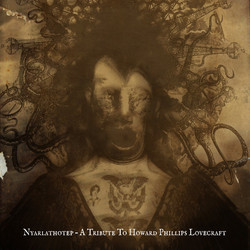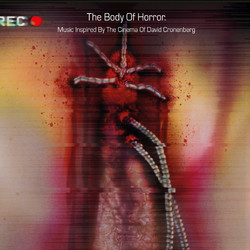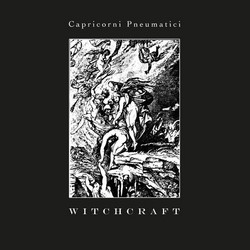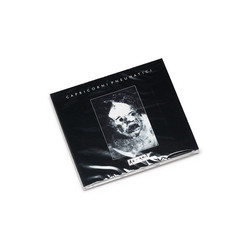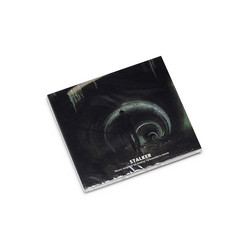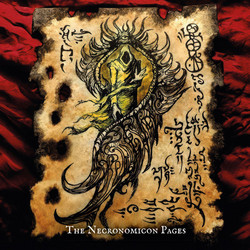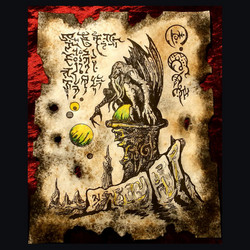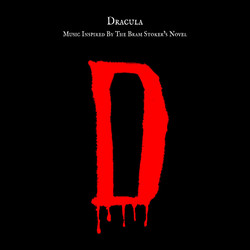Maurizio Bianchi began experimenting with industrial / noise music shortly after the genre emerged. Initially, he released four recordings under the moniker Sacher-Pelz, then began using his own name or his initials, M.B., in 1980. From 1979 to 1984, Bianchi released around 35 albums, showcasing a period of intense creativity before he took a break from music until 1998. Since resuming his work, he has released over 250 additional albums. What is remarkable about Bianchi’s career - aside from his music - is that he managed to produce his early efforts at all. Working with rudimentary equipment, including basic tape recorders and synthesizers, Bianchi overcame significant technical limitations as well as a conservative mentality in the music industry toward any output that exhibited few clearly identifiable melodies, rhythms, or beats. Influenced not only by the early industrialists, but also by the French musique concrète movement and the German Kosmische scene, Bianchi’s trajectory remained stubbornly independent, carving out a unique sonic space. His ability to think differently and perseverance eventually won through. Over 40 years later, he is widely considered a pioneer of modern experimental music. And he continues to create. If music can be thought of as constructions from basic building blocks of sound, Bianchi employs a different set of building blocks from most and one that changes over time. Each recording is a window into his mind during a specific period.
"S.F.A.G. 31.11.1981 is unusual in that it draws from a pair of such windows. Its two tracks of mechanically echoing structures have been released or reissued at least eight times with four different spellings of the title. The original cassette, S.F.A.G. 81, came out in 1982 and Bianchi used his earlier work, Symphony for a Genocide as source material, albeit heavily filtered. This definitive and authorized reissue is the first to use the album’s proper name and track titles. The album explores a number of themes that appear throughout Bianchi’s works - destruction and technological decline resulting in bleak dystopias, personal and societal disorientation, philosophy, and spirituality. It is purposely ambiguous with reverberating noise and dissonance that reflects - or perhaps creates - a sourceless yet immersive tension. Bianchi’s penchant for manipulating raw sounds results in a hypnagogic journey that does not have a clear beginning or end. Since its release, this piece of sound art, along with other offerings from Bianchi of the same era, has directly or indirectly influenced generations of musicians such as Merzbow, Lustmord, Wolf Eyes, John Wiese, Kevin Drumm, and Lawrence English. Bianchi's legacy endures, inspiring new explorations in sound and the continued evolution of experimental music." - Mike Borella
S.F.A.G. 31.11.1981 was originally released on cassette in July 1982, referencing an "absurd" date (the 31st of November). The album was part of a trilogy of works with "impossible" dates, such as Menses 30.2.1982 (released in September 1982) and M.U.U.N.H. 31.4.1982 (released in November 1982).
The tracks S.F.A.G. PART 1 and S.F.A.G. PART 2 originally formed a single suite, later divided into two parts due to the limited duration of the cassette on which the work was published. The image shown here is the original of a letter sent in 1982 by Maurizio Bianchi to Roberto Marinelli (the mind behind the project Laxative Souls, one of the very first post-industrial music projects in the Italian scene, which many critics consider to be chronologically second only to M.B.), with whom Bianchi had a very extensive correspondence of postal messages.

